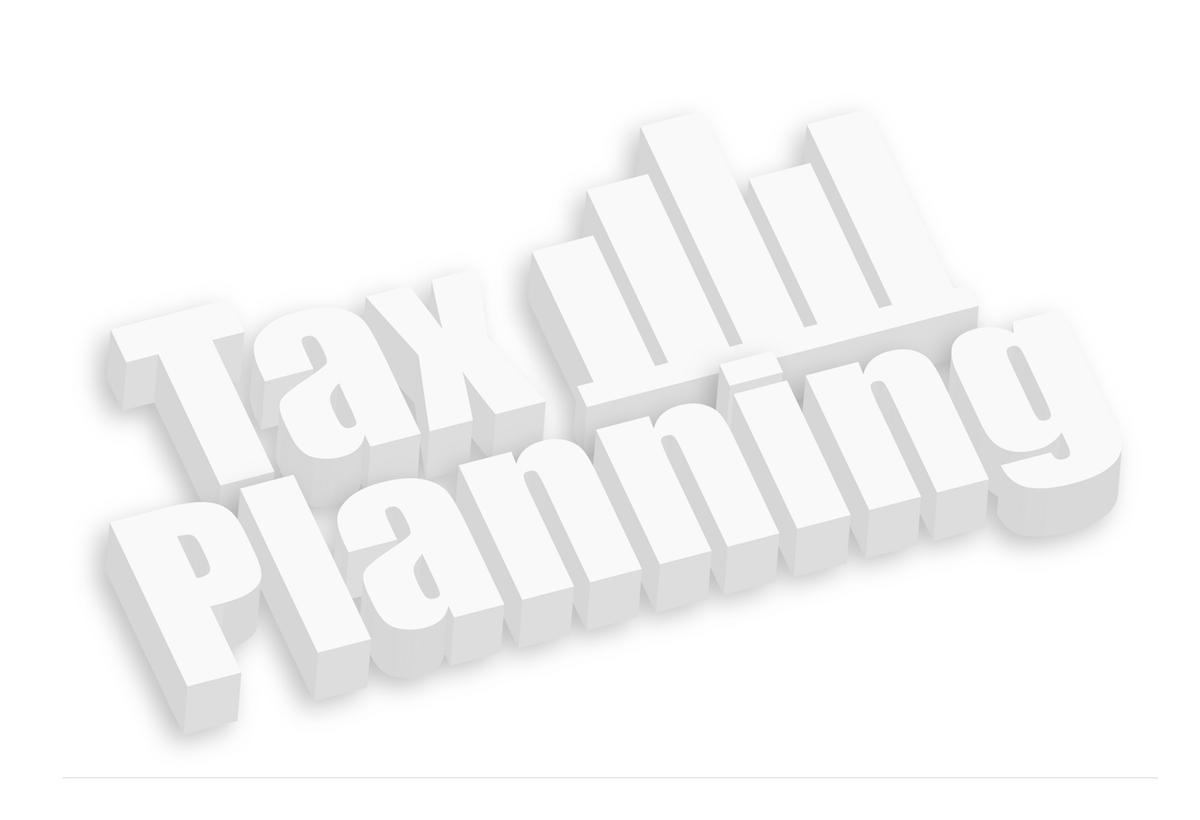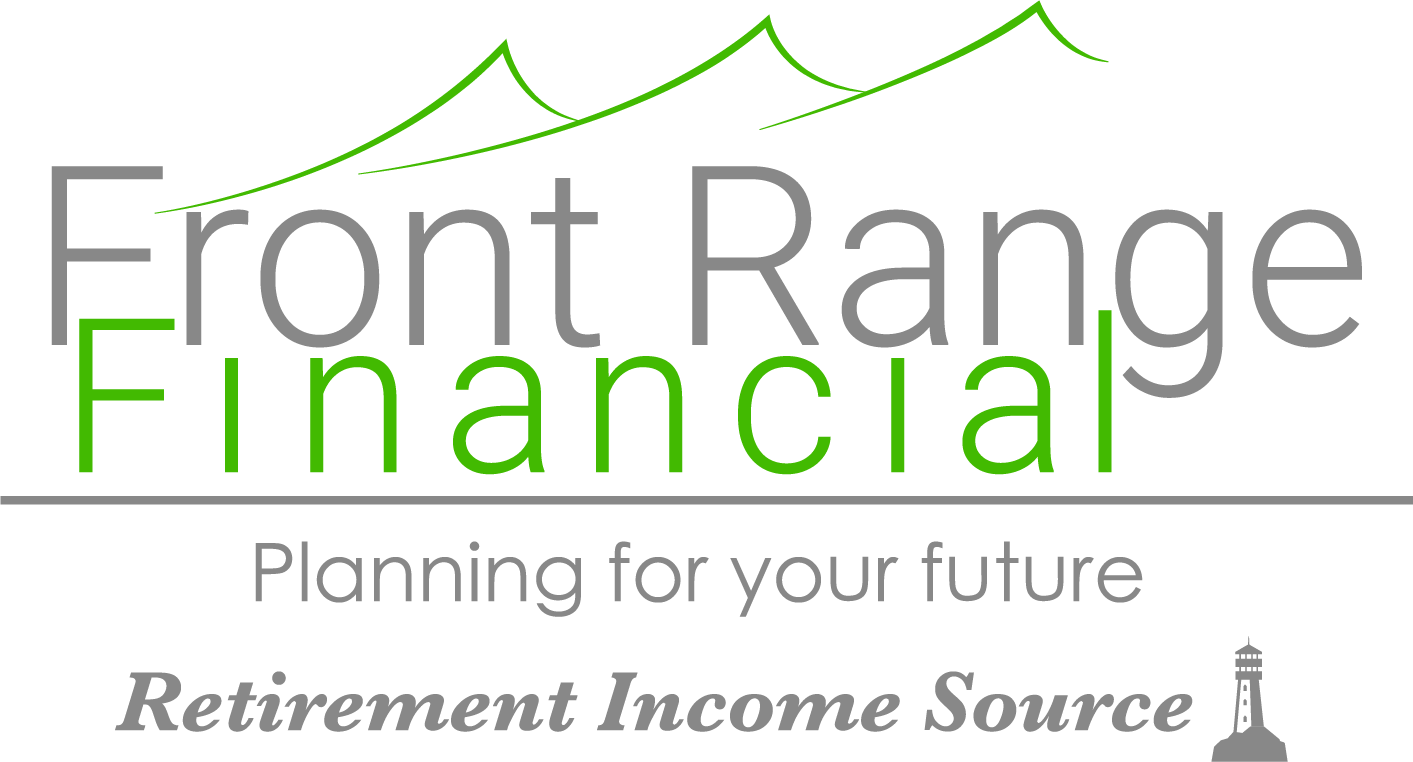Tax Reduction Planning
Structure your Portfolio to be Tax Efficient
 Tax. One of the truly ugly words in the investment world. So much time, thought, and research and goes into putting together a strategically effective investment portfolio, and then April rolls around and your accountant tells you to send a big chunk of your hard-earned gains off to the IRS. Of course, there is no reason this unpleasant scenario can’t remain simply hypothetical, as long as you (and your advisor) do your homework and structure your portfolio in the most tax- efficient way possible. Smart investors understand that it is not rate of return that matters, it is after-tax rate of return.
Tax. One of the truly ugly words in the investment world. So much time, thought, and research and goes into putting together a strategically effective investment portfolio, and then April rolls around and your accountant tells you to send a big chunk of your hard-earned gains off to the IRS. Of course, there is no reason this unpleasant scenario can’t remain simply hypothetical, as long as you (and your advisor) do your homework and structure your portfolio in the most tax- efficient way possible. Smart investors understand that it is not rate of return that matters, it is after-tax rate of return.
Investment growth inside a pension plan, 401(k), or IRA is protected from taxation as long as they remain inside that account. Subsequently, distributions from these accounts are fully taxable upon withdrawal. Investment income within a Roth IRA is sheltered from tax, but because contributions are not deductible, withdrawals remain tax-free. Non-qualified accounts, however, are handled in a completely different manner.
An Essential Step in the Financial Planning Process
Most people actually know very little about how their non-qualified investment income is treated for tax purposes, or how different options can work better in their particular situation. Taxation on different investment products is exceedingly diverse and complex. Tax rates vary from state to state and investment to investment.
Therefore, structuring your portfolio to minimize taxation can be just as important as the specific investments you choose. It also makes it important that you share all of your financial details with your financial advisor. Full disclosure is one of the most important aspects of the tax planning process since it is impossible for your advisor to accurately project and reduce taxes if they are unaware of the full spectrum of your investments and how they are organized for tax purposes.
Tax planning is an essential step in the financial planning process, and it is critical to make sure you are doing everything you can to minimize the tax drain on your investment growth.
